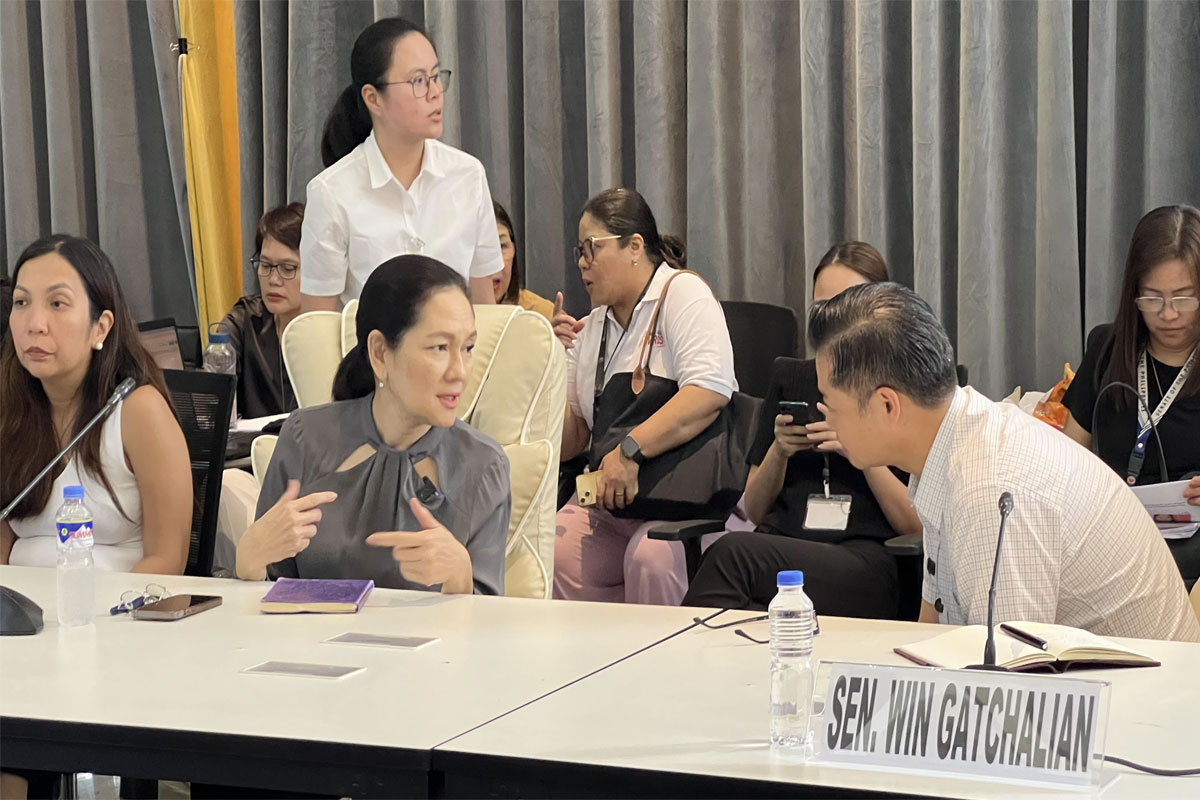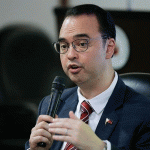
Vargas: End nurses’ exodus
QUEZON City Rep. Alfred Vargas on Saturday asked Congress to urge the Department of Health (DoH) and other relevant government agencies to take immediate steps to address the alarming number of nurses and other health care workers leaving the country in the midst of the pandemic.
In House Resolution (HR) No. 2241, Vargas expressed concern over reports of health care workers leaving for other countries “due to the supposedly challenging working conditions” in the Philippines.
“Health care workers have been at the vanguard of protecting the health and welfare of the general public, as they risk their lives to serve and provide care especially for COVID-19 infected patients,” Vargas said in his resolution.
But despite orders from President Rodrigo “Rody” Duterte to release long-delayed allowances and congressional allocations for hazard pay and other benefits, the Vargas resolution said health workers continue to face difficulties “accessing benefits duly provided by the government to recognize their heroism and dedication.”
“It is the duty of the government to ensure that the heroism and dedication of our health care workers are duly recognized and justly compensated amidst the ongoing pandemic, and that the proper implementation of such programs are transparent and accountable to the Filipino people,” the resolution added.
In a separate statement, Vargas stressed the urgency of addressing the concerns of health workers after the Private Hospitals Association of the Philippines (PHAP) warned of a shortage in the number of nurses in the coming months.
The association said nurses continue to leave the country for higher-paying jobs abroad, and private hospitals are unable to pay them the equivalent salary to make them stay.
“I am appealing to the DoH to address the concerns and issues raised by our health workers. We need to take immediate action otherwise our hospitals and our entire health care system will have a hard time addressing not only COVID-19 (coronavirus disease-19) cases but patients needing regular medical care,” he said.
Vargas said the issue goes beyond compensation.
“The focus should be to provide better working conditions and benefits not only for the duration of the pandemic, but for the long-term,” he said.
Vargas added that the pandemic has shown that health care and economic growth are interconnected.
“We cannot realistically expect our economy to immediately recover and to sustain its growth if our people remain vulnerable to pandemics. We need to improve our health care system, and this includes improving the working conditions of our doctors, nurses, and other health care workers,” he said.
In his resolution, Vargas urged the government to “explore stronger and more innovative ways to honor and compensate our frontline health workers. ”
This would help “sustain and uplift the spirits of Filipino health workers and their families in hopes of combating the COVID-19 pandemic or any public health crisis,” the resolution said.
“As our heroes, health care workers deserve to be recognized and duly compensated not only with special risk allowances but with institutionalized programs that would cater to their needs and welfare which would in turn inspire and encourage them to serve in the country in the long run,” he added.
The Philippines is considered the world’s largest supplier of nurses, with Filipino nationals making up the single largest group of foreign-born nurses serving in 37 countries that comprise the Organization for Economic Cooperation and Development (OECD).
Around 3,000 to 8,000 nurses leave the country each year on permanent visas, according to government data, and this has greatly affected the supply of skilled health workers in the country.
The Vargas resolution noted that Filipino nurses “represent the largest category of health workers migrating to other countries, followed by midwives and doctors.”
“Nursing organizations estimate that the country has 200,000 to 250,000 nurses who are not working in their profession; many of which are waiting for job opportunities abroad with the same COVID-19 infection risks but under better working conditions and substantially higher remuneration,” it added.




















